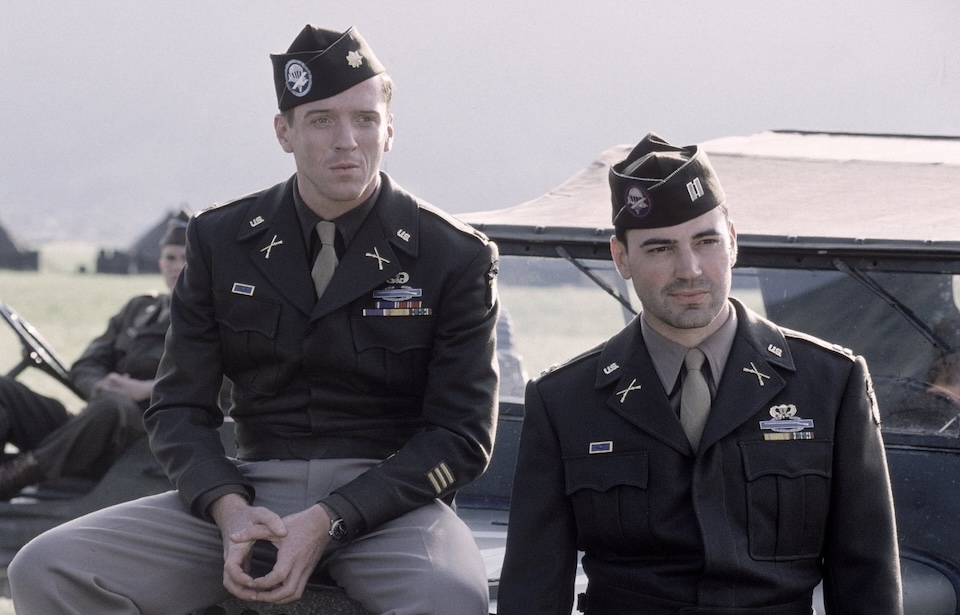Every organization or team thrives under the guidance of a skilled leader. Yet, not just any leader is good enough. We require someone who inspires admiration, commands respect, and acts as a beacon in uncertain times. True leadership goes beyond titles and positions; it is founded on a distinct set of attributes. Like threads intertwining into a rich tapestry, these qualities come together to form a leader genuinely deserving of acclaim.
Now, let’s delve into the traits that define respected leadership.
Willingness to perform tasks you ask of others
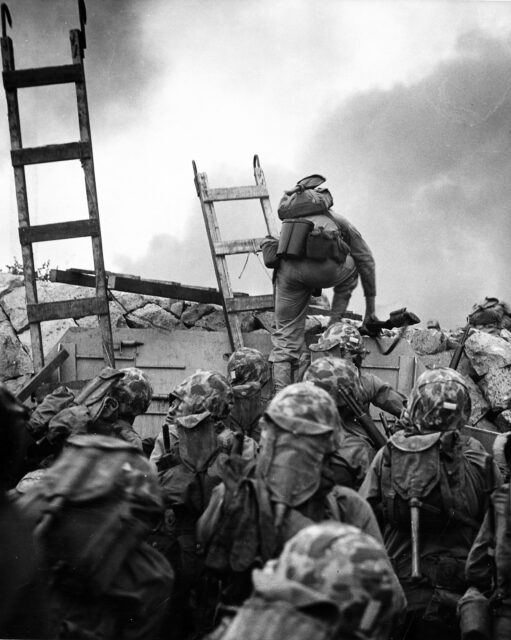
An essential aspect of leadership is being willing to roll up one’s sleeves and get hands-on. By actively participating in the tasks they delegate to others, leaders exemplify dedication and diligence. They transform from mere figureheads into comrades in the trenches, fostering trust and admiration among those they lead.
Alexander the Great frequently took the lead in battle alongside his soldiers, sharing their risks and enduring their hardships.
Treating others as you wish to be treated
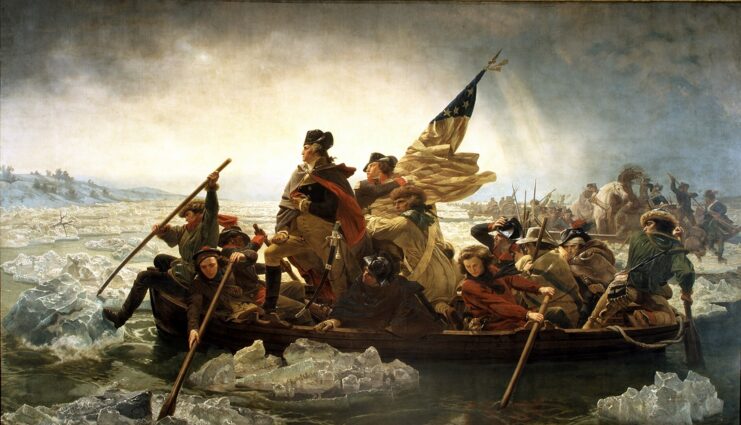
Treating team members with kindness and respect sets a culture of dignity. Successful leaders embody the Golden Rule – “treat others how you want to be treated” – fostering an environment of mutual respect, understanding and collaboration.
George Washington was well-known for his kindness and respect toward his soldiers. He often visited the sick and wounded, leading by a strong moral example.
Being part of the team
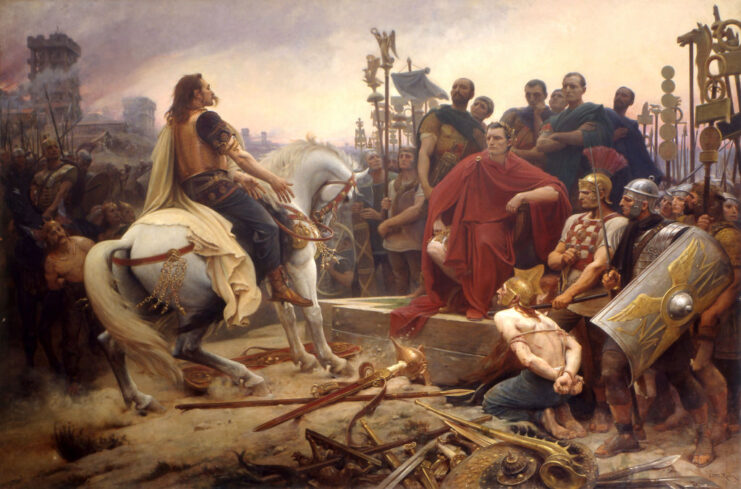
Respected leadership isn’t about exerting power; it’s about being a vital member of the team.
Genuine leaders descend from their positions to stand with their team. They gain respect not by insisting on it, but through their deeds, dedication, and empathy. Julius Caesar demonstrated this by building strong connections with his soldiers, frequently sharing meals and conversations with them. This method garnered him their respect and devotion.
Cultivating and maintaining trust
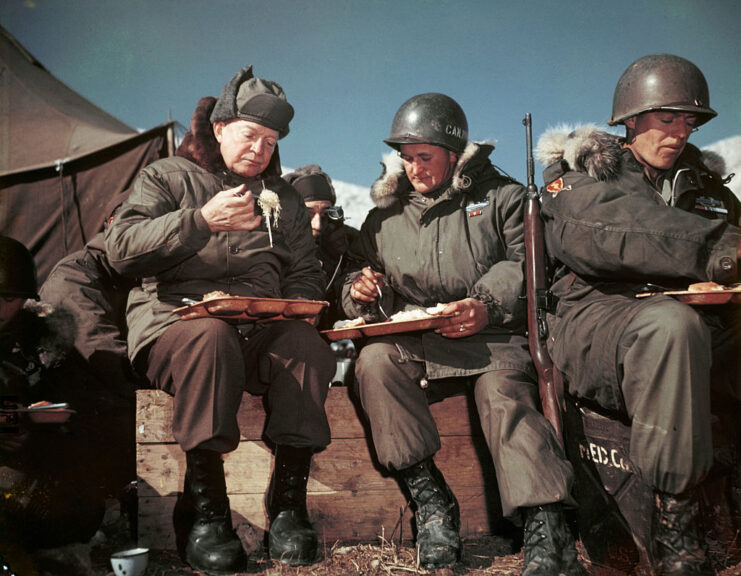
A relationship, of any kind, is built on a foundation of trust. Leaders build this trust within their teams by consistently acting with dependability, empathy, and openness. This creates an atmosphere where honest communication and mutual respect flourish.
Gen. Dwight D. Eisenhower embodied this principle perfectly. His troops trusted him deeply thanks to his transparent communication and leadership that prioritized understanding their needs during World War II.
Listening to ground-level feedback
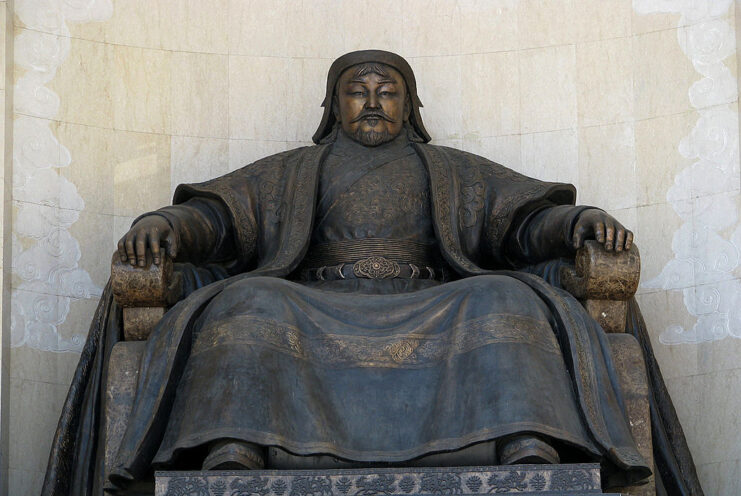
True respect for a leader stems from their ability to listen more than they talk. Leaders who genuinely pay attention to their team’s concerns and ideas foster a space where members feel appreciated and inspired.
Even the powerful Genghis Khan exemplified this principle, acknowledging the input of his soldiers and depending on their direct experiences and viewpoints to make vital strategic choices.
Consistency in good and/or bad situations
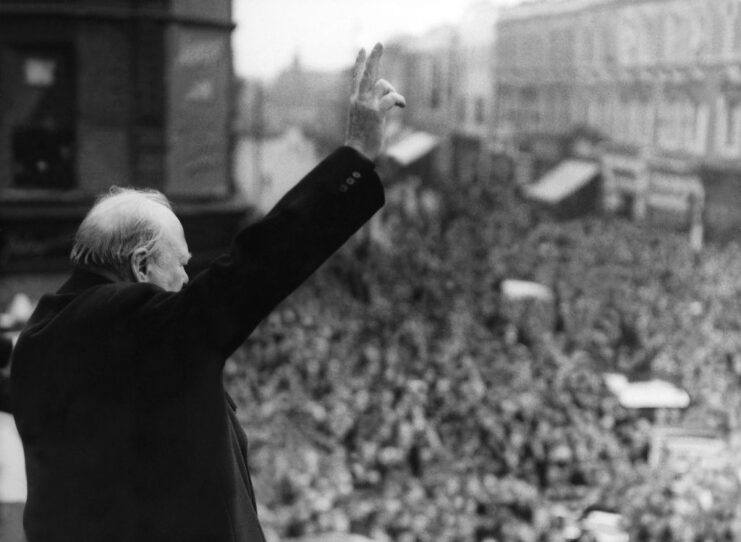
In the turbulent waters of change, a revered leader remains steady. They keep their cool and make sound decisions, showing stability and reliability that inspire confidence and trust in their team.
The tenacity and steadiness of British Prime Minister Winston Churchill during the trials of the Second World War have become legendary.
Being followed out of respect, not fear
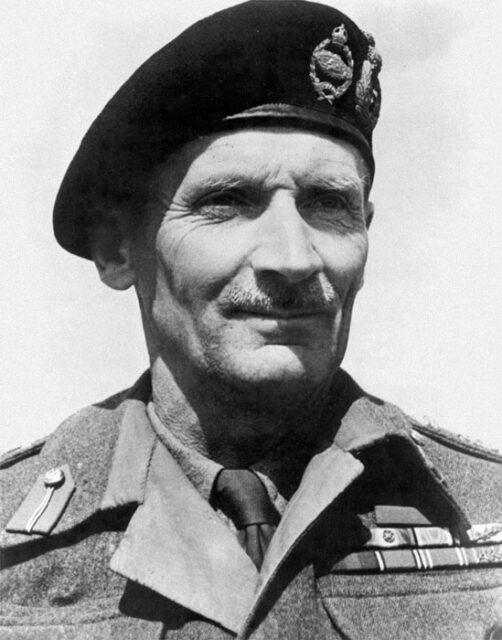
Leading through respect rather than fear, a respected leader motivates their team through the power of admiration, as opposed to the dread of repercussions.
Bernard Law Montgomery was a British General in the Second World War who was respected by both his own troops and his enemies for his tactical acumen, stubbornness and ability to inspire respect.
Taking responsibility and standing up for your team
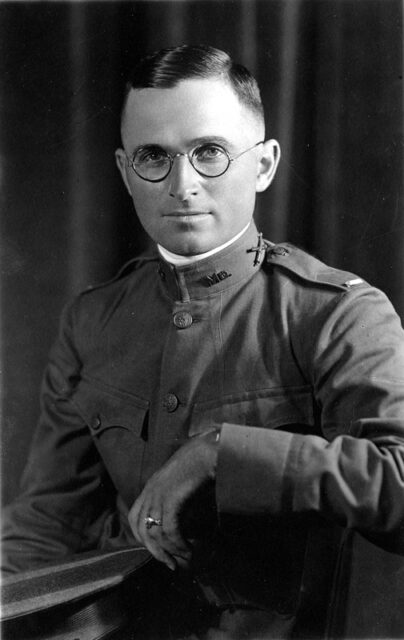
Respected leaders shoulder the weight of responsibility, standing up for their men in the face of adversity. They also take accountability for their actions, setting a precedent of honesty and integrity.
President Harry S. Truman popularized the phrase “the buck stops here,” which embodies his willingness to take responsibility for all decisions made under his command.
Humility
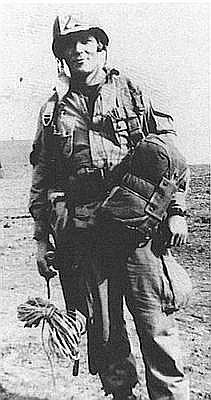
Humility is a quiet, yet potent trait of respected leadership. Leaders share their victories, acknowledge their mistakes and understand that they’re part of a much larger whole.
A notable leader from the famous Easy Company, whose actions were depicted in the HBO miniseries, Band of Brothers (2001), was Maj. Richard Winters. He was respected for his willingness to share in his soldiers’ hardships, demonstrating trust and responsibility. Winters was once asked by his grandson, “Grandpa, were you a hero in the war?” He replied, “No… but I served in a company of heroes.”
Integrity is the name of the game
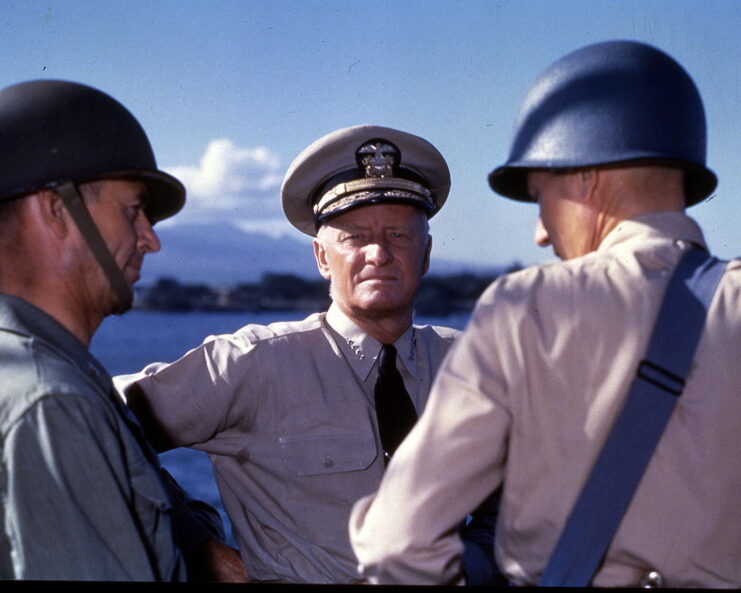
Integrity is the beacon that guides a respected leader’s decisions. They align their actions with their words, creating a transparent, honest and trustworthy environment.
More from us: The Most Impactful Military Vehicles of World War II
New! Want to become a trivia master? Sign up for our War History Fact of the Day newsletter!
Adm. Chester W. Nimitz led the US Pacific Fleet during the Second World War with great success, and he was known for his strong moral character and integrity.
